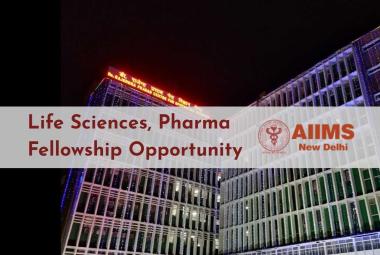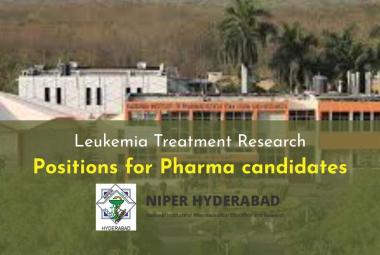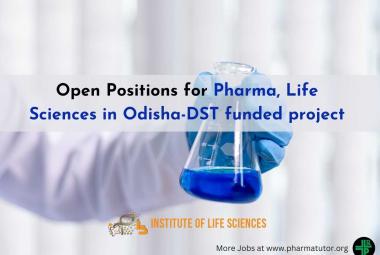U.S. Food and Drug Administration and the Department of Defense’s (DoD) Office of Health Affairs signed a Memorandum of Understanding regarding medical product development and assessment. This builds upon the work of both agencies to foster and prioritize the efficient development of safe and effective medical products intended to save the lives of American service members.








